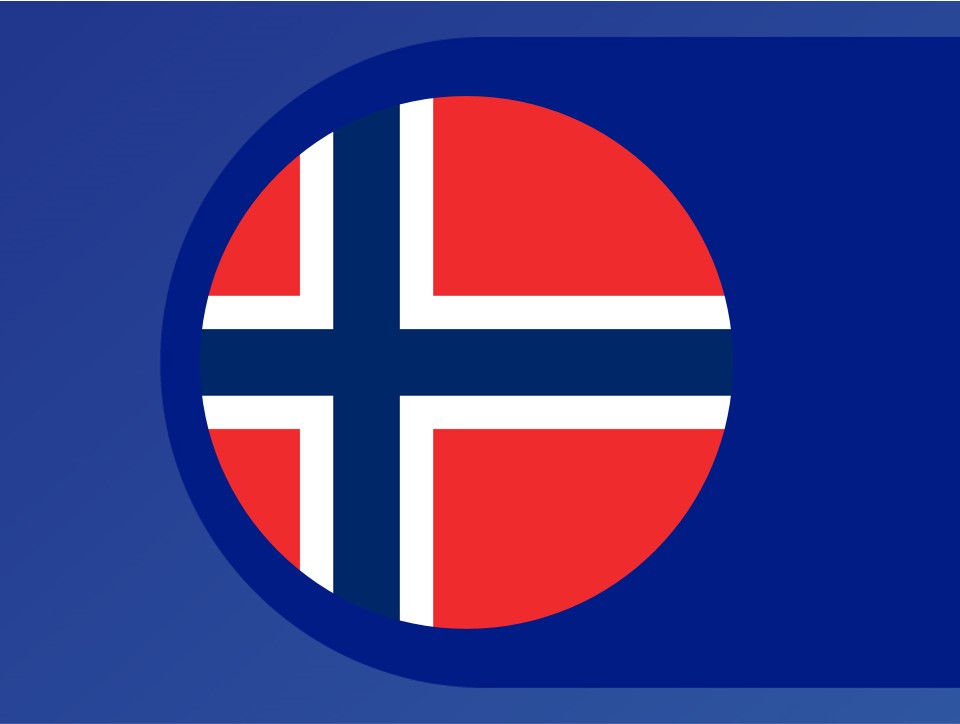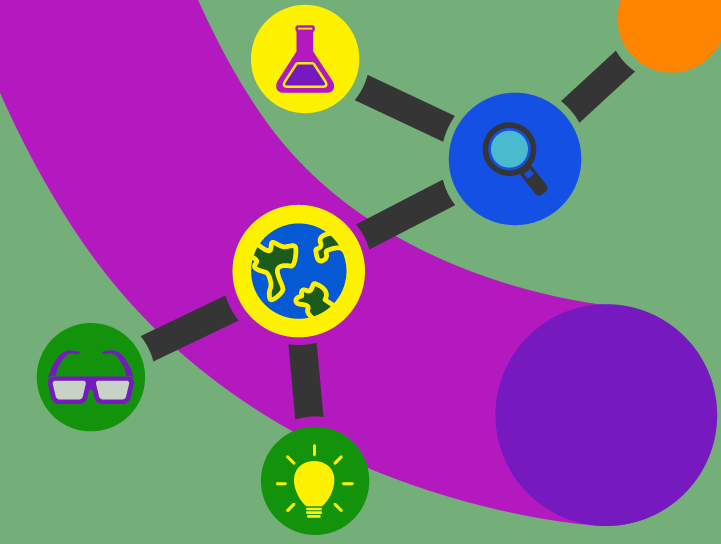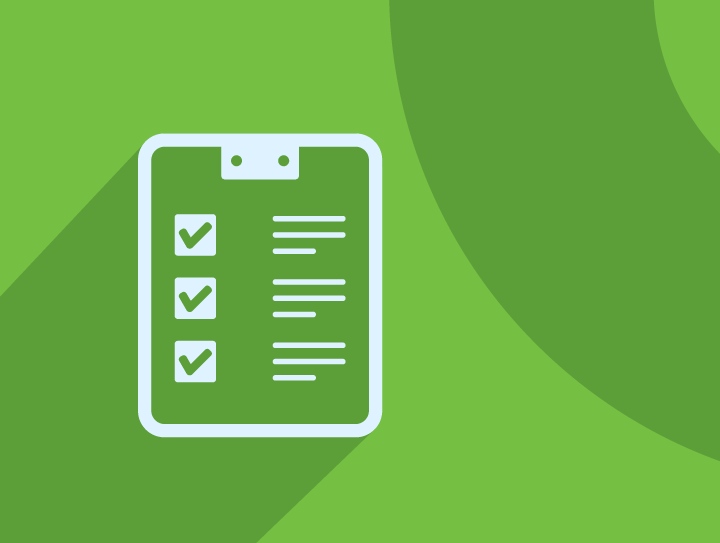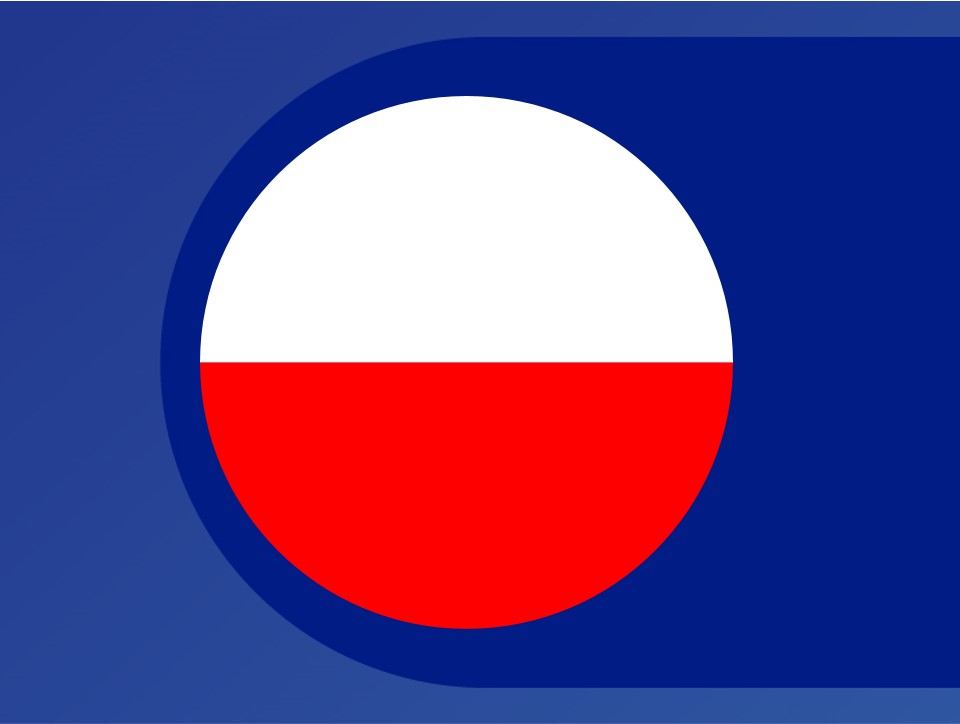595 rezultāti atrasti
Skip results of view Ziņas

Artificial Intelligence (AI) is rapidly advancing, transforming industries across Europe. The European Union's AI Continent Action Plan aims to position Europe as a global leader in AI development. In the energy sector, AI is transforming infrastructure to boost efficiency, resilience, and sustainability. The European Commission is advancing digitalisation and AI development of Europe’s energy systems, with one of the key initiatives being the provision of high-quality, and real-time data. The Common European Energy Data Space (CEEDS) is an initiative from the European Commission that aims to

Norway’s national open data portal, data.norge.no , sets itself apart with an innovative AI-powered search function that allows users to find datasets using natural, everyday language. This approach reflects the portal’s broader commitment to usability, making it easier for all types of users to engage with public data. Building on this user-first design, the portal’s AI tool interprets plain language queries and returns relevant datasets – helping users discover information even without technical terms or predefined keywords. This feature was presented during the Open Data Days 2025 in

Citizen science is an engagement method that actively involves citizens in various stages of the scientific research process. Citizens may contribute to problem definition, quality assurance, data collection and analysis, and interpretation. This citizen-collaborative approach provides local involvement and the opportunity to expand the knowledge base, making research more accessible and inclusive. Citizens have become significant providers of data. The European Citizen Science platform (ECS) is a central hub that offers an overview of over 300 citizen science projects across the EU. The ESC

Why do floods hit some regions harder than others? Who has the time to rest—and who doesn’t? From the risks of natural disasters to the hidden inequalities in how people spend their days, data can help us tell powerful stories about the world we live in. But complex datasets alone don’t always make for easy reading. To make these complex datasets more understandable and accessible, we have created a growing series of visual, interactive narratives that brings high-value datasets to life as interactive data stories . These stories combine text, visuals, and interactive elements to create

Destination Earth ( DestinE ) is a project by the Commission aimed at creating a highly accurate digital replica of the Earth. This digital twin will be used to model, monitor, and simulate natural phenomena, hazards, and human activities. By providing detailed insights, it will help users develop effective strategies for adaptation and mitigation for the benefit of our planet. DestinE enables users to access different interactive tools for thematic simulations, which are presented through three main components. First, the DestinE platform , which is the core entry point for the user in the

As part of its effort to support the green and digital transitions, the European Commission invites all stakeholders to take part in a public consultation under the GreenData4All initiative. The consultation is open to a wide audience – including EU citizens, environmental and geospatial data experts, businesses, NGOs, academia, and international partners – and aims to gather feedback on how to improve access to and reuse of environmental data across Europe. The GreenData4All initiative addresses the growing need for better sharing of environmental data, which is crucial for developing
Mark your calendars for our upcoming webinar ‘ Unlocking data interoperability: exploring ways of standardisation with real use cases ’, taking place on Friday, 25 April 2025, from 10:00 to 11:30 CEST. This informative session will explore the role of data interoperability in facilitating seamless data exchange. Data interoperability is essential in today's digital landscape. It enables different systems and organisations to exchange information seamlessly, fostering transparency and collaboration across borders. By ensuring that data is accurate, reliable, and easily discoverable

The interoperability assessments space is a framework that evaluates and raises awareness of cross-border interoperability issues at the earliest stage. Required by Article 3 of the Interoperable Europe Act , these assessments ensure that new or significantly changed regulations for trans-European digital public services address interoperability issues before they are implemented. Interoperability refers to the ability of organisations and systems to communicate and work together effectively, a key concept outlined in the Interoperable Europe Portal . The Assessment Space is where the

Poland’s national open data portal, dane.gov.pl, serves as a central platform for accessing public data across a wide range of sectors, from infrastructure and energy to education and public finance. With more than 43 000 datasets and contributions from over 500 public and private publishers, the portal supports transparency, civic participation and data-driven innovation. Designed with both casual users and data professionals in mind, the portal offers a streamlined search experience, ready-to-use data visualisations, and access to data in machine-readable formats. Datasets are enriched with

Smart cities are transforming urban environments across the European Union by integrating digital technologies to enhance traditional urban planning services and infrastructure. These cities aim to create more efficient, sustainable, and safer spaces by leveraging innovations like AI and open data. AI technologies, powered by precise open data, are improving quality of life in urban areas . For example, the EU-funded project AMIGOS uses AI-driven smart cameras and sensors to monitor city spaces in Las Rozas, Madrid, providing real-time data that helps city planners make informed decisions. A
